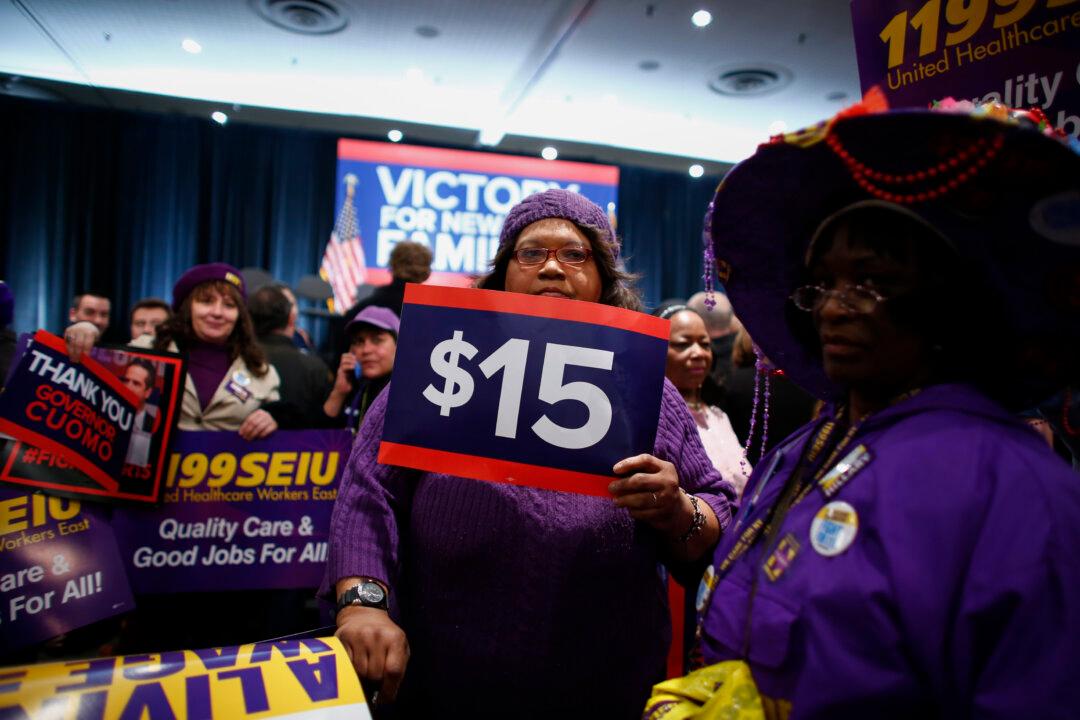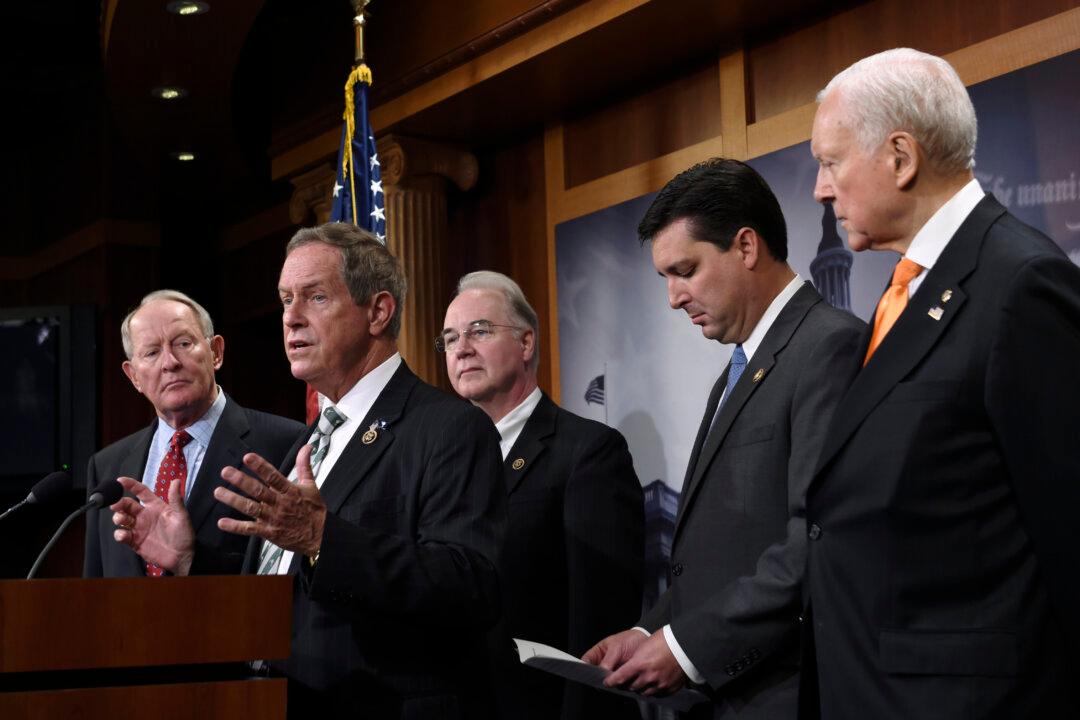On July 25, Carmike Cinemas’ shareholders will decide whether to move forward with a $1.1 billion merger with AMC Entertainment. The deal would create the country’s largest movie theater chain with 8,380 screens in more than 600 cinemas nationwide.
And they would all be controlled by China.
That’s right: AMC—which reached a purchase agreement with Carmike in March—is owned by the Chinese firm Dalian Wanda, which boasts close ties to the Chinese Communist Party. The company’s founder and chairman, Wang Jianlin, is a former local government official and Communist deputy who seems more interested in shaping public opinion about China and the United States than selling popcorn.
Wanda has received at least $1.1 billion in government subsidies, while Wang has sold company stakes to various family members of elected officials, including the elder sister of President Xi Jinping and relatives of two members of the Politburo—the Communist Party’s main policymaking committee. A business partner of the daughter of former Prime Minister Wen Jiabao also supplied the firm with seed money.
And the company isn’t shy about using it. Pledging more than $30 billion to global mergers and acquisitions in 2016 alone, Wanda is committed to consolidating major film assets—from production studios to movie theaters themselves. In addition to the AMC-Carmike deal, the company also agreed to purchase Legendary Entertainment—the film production company behind “The Dark Knight Trilogy”—in January for about $3.5 billion and is interested in buying at least a portion of Lionsgate and Paramount Pictures sometime in the near future.
Just this month, Wanda reached a $1.2 billion purchase agreement with U.K-based Odeon and UCI Cinema Group—officially becoming the world’s largest movie theater operator.
This raises a red flag because of the firm’s proximity to the censorship-crazed Communist Party. China currently allows only 34 non-Chinese movies into the country, all of which are heavily edited by a state agency called the State Administration of Press, Publication, Radio, Film, and Television (SAPPRFT). SAPPRFT’s mission is to portray Chinese culture favorably—and aligned with the Communist Party’s agenda.
Chinese elites are also intent on expanding China’s “soft power” by acquiring cultural assets from foreign entities—taking Chinese propaganda global. Party head Xi Jinping has vowed to “strengthen China’s soft power” and “build its capacity in international communication.” China now spends about $10 billion annually on “external propaganda” alone—not to mention the country’s development and militarization of islands in the South China Sea.




